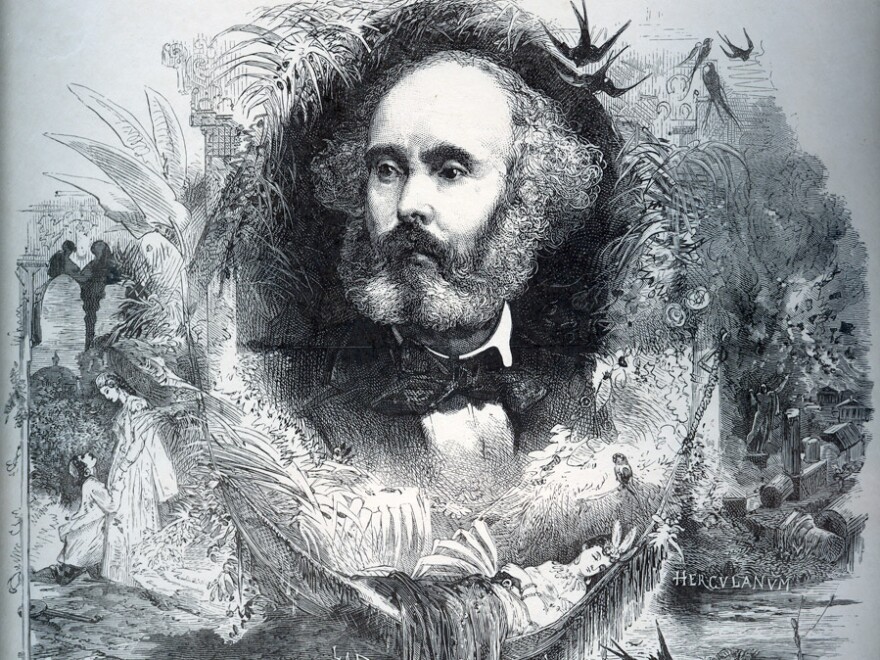Orphaned at age five from a musical family, French composer Félicien-César David had a religious upbringing, and would go to study at the Paris Conservatory in 1830. But he left after eighteen months, later making his way to Egypt, where music of the East would make a lasting impression on him.
David wrote a significant body of work, including a highly acclaimed and innovative symphonic ode Le Désert in 1844. It established him as the first French romantic orientalist and gained him a reputation throughout the continent.
Chamber music figures significantly in his output, but curiously enough the influence here is European rather than Eastern. This is quite apparent in the three of his four string quartets included on this new album, which bear a few similarities to those of George Onslow, a French composer from a generation earlier.
The disc begins with the String Quartet No. 1 from 1868. In four movements, the piece opens with a moving study in melancholia. The second movement, an adagio, has an enticing folk-song-like theme you won't soon forget, while there's something of Mendelssohn's A Midsummer Night's Dream in David's fleeting scherzo. The masterfully crafted finale, a somewhat droll allegretto, is built around two rustic subjects, ending this charming work on a light note.
The second quartet, from one year later, is also in four movements with an intricately delicate sonata form opening allegretto and reverential chorale-like andante. The feline scherzo stalks in and out on pizzicato feet, while a group of happy peasants enter for the dancelike final allegro, which concludes the quartet unassumingly.
Written in 1876, the year he died, the album ends with David's unfinished fourth quartet, which consists only of an opening allegro. Austere thematic material and rigorous construction make it a throwback to the more anguished movements in Beethoven and Schubert's late quartets. The composer penciled "The last work of Félicien David" on the score, which seems in keeping with the mood of this music.
The Cambini-Paris Quartet, from France, gives sensitive and technically accomplished performances of these rarities. Their expressivity in the andante of the first quartet makes for a moment of recorded bliss that only comes along in a blue moon.
Bob McQuiston revels in under-the-radar repertoire at his website Classical Lost and Found.
Copyright 2022 NPR. To see more, visit https://www.npr.org.








